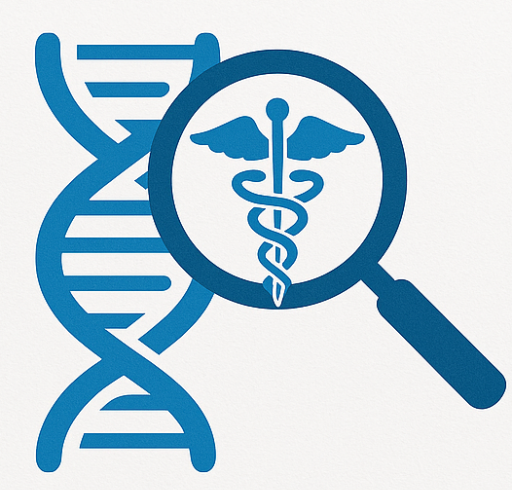What is the CDKN2A Gene?
The CDKN2A gene (Cyclin-Dependent Kinase Inhibitor 2A) encodes two key tumor suppressor proteins through alternative reading frames:
- p16INK4a – Inhibits CDK4/6, blocking cell cycle progression from G1 to S phase.
- p14ARF (p19ARF in mice) – Stabilizes p53 by inhibiting MDM2, promoting apoptosis or cell cycle arrest.
Primary Function: Acts as a “brake” on uncontrolled cell division.
Prevalence of CDKN2A Mutations in Cancer
CDKN2A is inactivated in ~50% of all human cancers, either by mutations, deletions, or epigenetic silencing. Key cancer associations:
| Cancer Type | Inactivation Frequency | Notes |
|---|---|---|
| Melanoma (Familial) | ~40% of hereditary cases | Germline mutations |
| Pancreatic Adenocarcinoma | ~90% | Somatic deletions common |
| Glioblastoma | ~50-60% | Homozygous deletions |
| Non-Small Cell Lung Cancer (NSCLC) | ~30% | Often co-deleted with CDKN2B |
| Squamous Cell Carcinomas | ~50% | HPV+ tumors often silence p16 |
How CDKN2A Loss Could Cause Cancer
Mechanisms of Tumorigenesis
- p16INK4a Loss:
- Fails to inhibit CDK4/6-cyclin D, leading to hyperphosphorylation of Rb.
- Results in unchecked E2F-mediated transcription and cell cycle progression.
- p14ARF Loss:
- Unable to block MDM2, leading to p53 degradation.
- Loss of p53-dependent apoptosis/DNA repair.
- Synergistic Effects:
- Combined loss of p16 and p14 promotes cell immortalization.
- Common in aggressive cancers (e.g., glioblastoma, pancreatic cancer).
